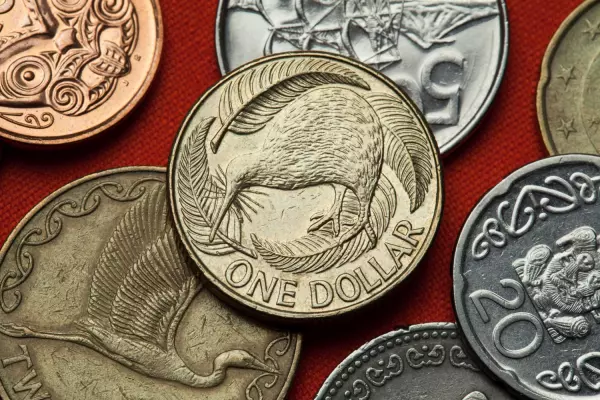New Zealanders are learning to trust investing in the share market despite the covid-19 pandemic setting off the most volatile trading in recent history, according to a Kiwi Wealth survey.
Every February, investment firm Kiwi Wealth runs its State of the Investor Nation survey to better understand New Zealanders' perceptions of wealth and investment strategies.
At the time, the survey found the impact of coronavirus had not yet had any impact on economic confidence. This quickly changed when covid-19 reached New Zealand and Kiwi Wealth ran a follow-up survey in June to measure how the pandemic had affected results.
It found the virus had accelerated a trend of New Zealanders saving more and investing more widely.
In Kiwi Wealth’s June report, 84 percent of the 1,081 respondents said they had savings and investments, up from 80 percent of the 2,105 people surveyed in February.
“Most likely that’s because people were spending less during lockdown so have more discretionary money to put towards savings or investments,” said Melissa Vasta, Kiwi Wealth’s general manager of retail and product.
Stock market beckons
The survey also found that younger New Zealanders were increasingly open to putting their new-found cash into shares. The proportion with investments in equities rose to 19 percent in June, from 15 percent in February.
Even then Kiwi Wealth noted a trend towards investing in the equity markets, with Kiwis more likely to have investments in equity-based assets and be more open to the idea of it.
“This indicates New Zealand investors are regaining trust in financial markets, which has traditionally been a key barrier to investing,” the February report said.
Last year, 18 percent of respondents said they wouldn’t invest in the share market. In February of this year, that proportion fell to 15 percent as low interest rates made leaving savings in a bank account an unattractive option.
Term deposits fell from being thought of as a preferred retirement investment by 22 percent of respondents in 2019 to 17 percent in February.
Risk
Younger Kiwis especially are developing an appetite for riskier assets. Some 24 percent of February survey respondents identified themselves as risk-seeking investors, up two percentage points compared to 2019.
When the pandemic introduced extreme volatility into financial markets, these risk-seekers rushed into the fray. Huge numbers of first-time investors bought into what appeared to be cheap stocks through online trading platforms such as Sharesies and Kiwi Wealth’s own platform, Hatch.
About 75,000 investors joined Sharesies in the wake of the covid-19 outbreak and Hatch, which gives New Zealanders access to US stock markets, almost doubled its user base during lockdown.
“Younger people appear to have taken advantage of the market turmoil to start investing or to increase their existing investments,” Vasta said.
Don't forget the downside
While some investors were warming up to riskier investments, others only discovered risk when the downside hit them.
In Kiwi Wealth’s February report, one in five people said they did not know what type of KiwiSaver fund they were in.
The June survey found 26 percent of KiwiSavers made changes to their risk profile following the market collapse in March — that’s how many would usually change in an entire year.
“The worst thing most could do was change their fund during a market downturn, as that guarantees a loss in real dollars,” Vasta said.
“Navigating market volatility is the price paid for strong returns this past decade, far greater than could be achieved through term deposits or savings accounts.”













